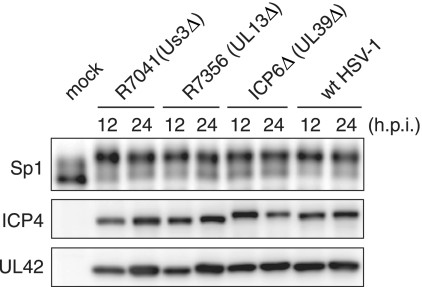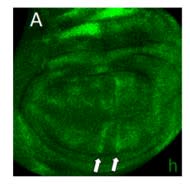
Cat. #153344
Anti-PKD [P14G8]
Cat. #: 153344
Unit size: 100 ug
Availability: 10-12 weeks
Target: Tetracapsuloides bryosalmonae parasite antigen P14G8
Class: Monoclonal
Application: ELISA ; IHC ; WB
Reactivity: Tetracapsuloides bryosalmonae
Host: Mouse
£300.00
This fee is applicable only for non-profit organisations. If you are a for-profit organisation or a researcher working on commercially-sponsored academic research, you will need to contact our licensing team for a commercial use license.
Contributor
Inventor: Ayham Alnabulsi
Institute: Vertebrate Antibodies Limited
Tool Details
*FOR RESEARCH USE ONLY
- Name: Anti-PKD [P14G8]
- Alternate name: P14G8; T. bryosalmonae P14G8
- Clone: P14G8
- Class: Monoclonal
- Conjugation: Unconjugated
- Strain: Balb/c
- Reactivity: Tetracapsuloides bryosalmonae
- Host: Mouse
- Application: ELISA ; IHC ; WB
- Description: Monoclonal antibody directed against P14G8 antigen of T.bryosalmonae parasite, linked to PKD. Background and Research Application: The myxozoan parasite Tetracapsuloides bryosalmonae infects salmonid fishes. It causes proliferative kidney disease (PKD), one of the most serious parasitic diseases of salmonid populations in Europe and North America, which causes losses of up to 90% in infected populations. Currently no treatments exist to control PKD. Anti-PKD (P14G8) targets T.bryosalmonae P14G8 antigen and is species-specific. This antibody detects the extrasporogonic stage of the parasite.
- Immunogen: Peptide Sequence specific to P14G8 parasite antigen
- Isotype: IgG
- Myeloma used: P3X63Ag8.653
- Recommended controls: Western Blot: Infected fish kidney cells. IHC: formalin-fixed, paraffin-embedded multi tumour tissue microarray (kidney from healthy fish versus kidney from infected fish).
Target Details
- Target: Tetracapsuloides bryosalmonae parasite antigen P14G8
- Target background: Monoclonal antibody directed against P14G8 antigen of T.bryosalmonae parasite, linked to PKD. Background and Research Application The myxozoan parasite Tetracapsuloides bryosalmonae infects salmonid fishes. It causes proliferative kidney disease (PKD), one of the most serious parasitic diseases of salmonid populations in Europe and North America, which causes losses of up to 90% in infected populations. Currently no treatments exist to control PKD. Anti-PKD (P14G8) targets T.bryosalmonae P14G8 antigen and is species-specific. This antibody detects the extrasporogonic stage of the parasite.
Applications
- Application: ELISA ; IHC ; WB
- Application notes: Production Details Purified using multi-step affinity chromatography with protein A. Storage Conditions Store at -20 degrees frozen. Avoid repeated freeze/thaw cycles. Points of Interest The P14G8 protein appears to be secreted locally and surrounds adjacent leukocytes. This antibody is potentially neutralising and can be used for diagnostics and to study parasite-host interactions. Recommended Usage Conditions: ELISA neat; Western Blot neat; IHC neat (antigen retrieval: microwave 20 min @ 800W in 10 mM citrate buffer, pH 6.0). Concentration 1mg/ml as standard
Handling
- Format: Liquid
- Unit size: 100 ug
- Shipping conditions: Shipping at 4° C




